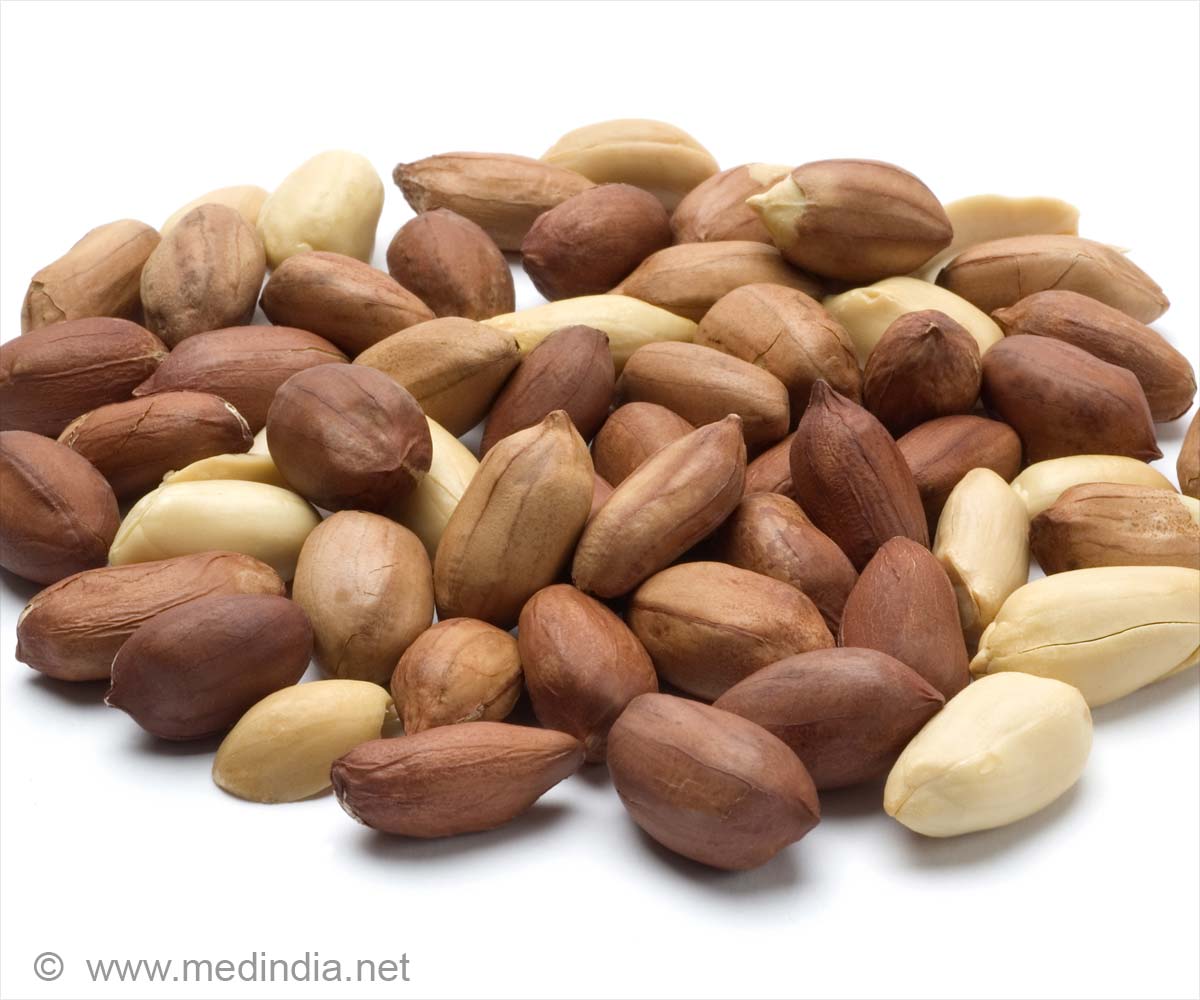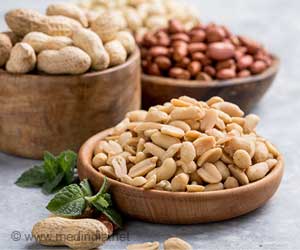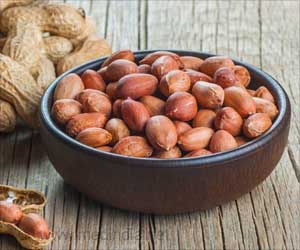From boosting immunity to beating winter blues, peanuts are the ultimate winter must-have. Keep them handy!

- Peanuts are poor man’s almond, a staple winter snack in India for ages
- They are rich in heart-healthy fats that keep us warm during winter
- Peanuts are full of nutrients, they should be consumed in moderation to prevent excessive calories
Peanuts as functional food: a review
Go to source).
Nutritional Value of Peanuts
Peanuts are rich in heart-healthy fats with 50% monounsaturated fatty acids. These fats lower bad LDL cholesterol while maintaining good HDL cholesterol making peanuts an excellent choice for heart health due to their low trans fats.Feeling Winter Blues? Peanuts contain tryptophan, which helps produce serotonin, boosting your mood and keeping winter lethargy away! #mentalhealth #peanutpower #medindia’
Peanuts contain bioactive compounds like resveratrol, flavonoids and antioxidants that support heart health, longevity and disease prevention.
Benefits of Eating Peanuts During Winter Seasons
Body Warmth
During winter, cold winds and low temperatures make it essential to consume food that provides warmth and energy. Monounsaturated and polyunsaturated fats present in peanuts help in generating body heat. Filled with healthy fats, peanuts serve as a dense energy source, keeping the body warm during cold weather.
Energy Source
Fatigue and lack of energy are common in the winter season due to shorter days and less sunlight. Peanuts are high in protein and healthy fats which provide a steady source of energy that helps in staying active throughout the day. The protein in peanuts makes it an ideal snack to deal with winter sluggishness and maintain stamina.
Supports Immune System
Cold and flu are common in winter. Peanuts are rich in vitamin E and act as antioxidants that strengthen the immune system and protect the body against seasonal illnesses.
Skin Health
Cold weather causes dry and flaky skin. Peanuts are major sources of biotin which is a major vitamin for the skin. Regular consumption of peanuts helps to nourish the skin keeping it hydrated and radiant even during harsh winter.
Bone Health
Peanut contains minerals such as magnesium, phosphorous and zinc that can support bones to be strong and resilient. These minerals are important during winter when physical activity is limited.
Beats Winter Blues
Shorter days and cold temperatures lead to winter blues. Peanuts contain tryptophan, an amino acid essential in serotonin production. Serotonin production helps in mood enhancement and fights a lethargic state.
Regulates Blood Sugar
Peanuts have a low glycemic index and release sugar slowly into the bloodstream. It can help stabilize blood sugar levels, making them a safe and beneficial snack for diabetes and for balanced energy throughout the day.
A great way to enjoy peanuts is as an instant snack of roasted or salted peanuts or enjoy peanut butter as a topping on some toast or mix it into a smoothie for extra flavor and nutrition.
Peanuts also serve to add a crunchy texture as well as an incredible flavor to salads or even to stir-fry dishes. While peanuts are full of nutrients, they should be consumed in moderation to prevent excessive calories and an overall balanced diet.
Reference:
- Peanuts as functional food: a review - (https://pmc.ncbi.nlm.nih.gov/articles/PMC4711439/)
Source-Medindia













